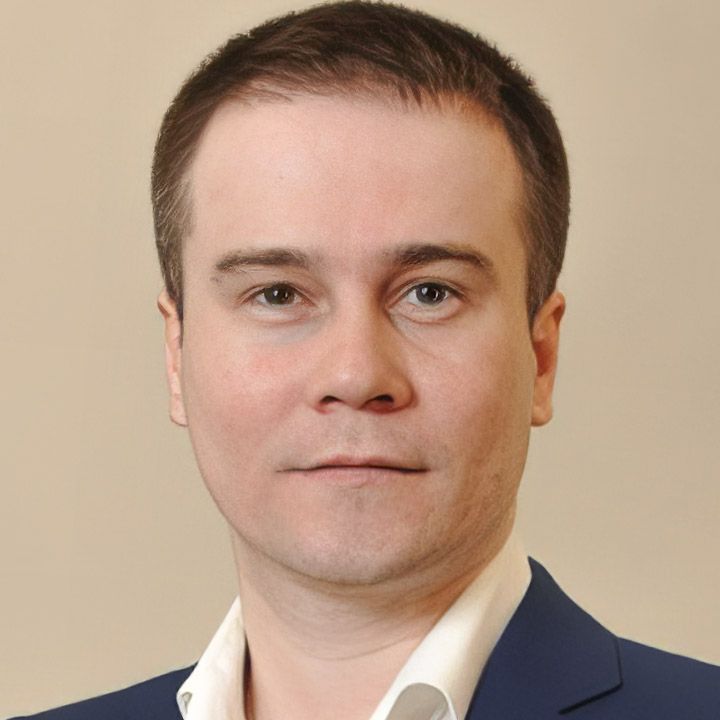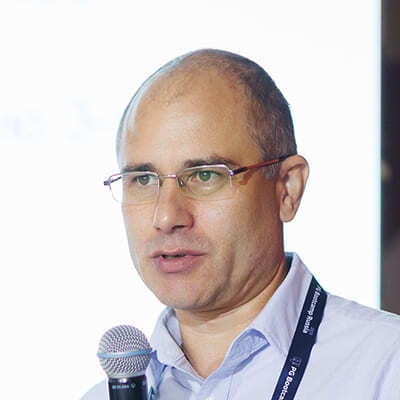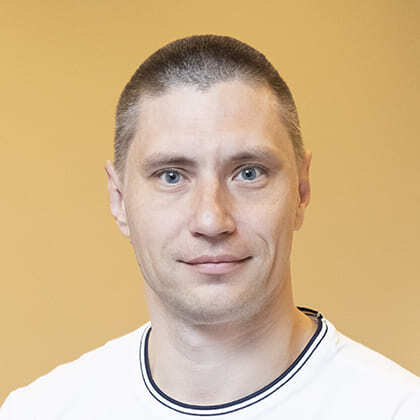PG BootCamp 2024 Minsk welcome speech

Michael Goldberg
Member of PostgreSQL Code of Conduct Committee (as of 2020), Chair (as of 2023), Member of PG BootCamp Initiative Group, PGDay Israel Conferences Organizer (as of 2017)
Vadim Yatsenko

CEO, Tantor Labs
10:00 – 10:10
Resolving long-standing bugs, with plv8 as an example
I'll explain how we worked around a long-standing bug in plv8 that was related to the return of scalar JSON values from Javascript functions. We managed to fix the issue, addressing it at the level of the original project to ensure stable operation for all users, rather than using crutches in our code. We will discuss whether it’s worthwhile to push this further because the format for returning NULL data still remains a problem, and also we’ll share the history of this particular pull request's acceptance on GitHub and make some suggestions for those who still doubt to get involved as contributors.


Dmitriy Dorofeyev
Chief architect, Luxms
14:30 – 15:20
Intermediate
Lunch
13:30 – 14:30
PostgreSQL: from a replica to a high-availability cluster
Get ready for a trip through the essential techniques for building a robust and expandable PostgreSQL cluster! We'll start from the fundamentals, explore the synchronous and asynchronous PostgreSQL replication, speak about Patroni, a crucial tool for managing sharding and replication, and its role in automating cluster recovery and failure detection. Using a live example, we’ll see how the cluster functions and add HAProxy and PGbouncer for more efficient load balancing and high availability, and also use keepalived to ensure continuous system operation. Generally speaking, we’ll overview a combination of technologies assemblable into a highly available and scalable PostgreSQL cluster.


Vladimir Vinogradov
DevOps Team lead, Tantor Labs
12:30 – 13:30
Basic
Сoffee break
12:00 – 12:30
int –> bigint migration
When a system starts to expand, it frequently occurs that previous successful features eventually stop functioning. When it comes to data type overflow, this is precisely true. If int4 was sufficient at the start of the project, it could eventually run out entirely and you'll need to move to bigint.
In this talk, I will outline the challenges that DBAs encounter, explain how to address those issues, and present a tool that will make them much easier.


Alexander Nikitin
Lead DBA, PGMechanix
11:05 – 12:00
Intermediate
Postgres Protocol: advantages, drawbacks, and pitfalls
In this paper, I'll discuss the Postgres client-server interaction structure. Even though the protocol has been in place for 20 years, it is now evident there was a better way to implement some parts of it in the past.

PostgreSQL сontributor, head of open-source DBMS development unit, Yandex Cloud
Andrey Borodin

Download presentation

Github
Github


Watch video

YouTube
YouTube



Rutube
Rutube


10:10 – 11:05
Advanced
Guests registration at the venue
09:30 – 10:00
Conference program
Download presentation

Github
Github


Watch video

YouTube
YouTube



Rutube
Rutube


Download presentation

Github
Github


Watch video

YouTube
YouTube



Rutube
Rutube


Download presentation

Github
Github


Watch video

YouTube
YouTube



Rutube
Rutube


Download presentation

Github
Github


Watch video

YouTube
YouTube



Rutube
Rutube


Intermediate
Wait events monitoring and low-level PostgreSQL performance issues
17:25 – 18:15
Wait events monitoring is a versatile method for troubleshooting performance issues; it may be used to examine any sudden degradation or insufficient CPU utilization. Performance monitoring boards in commercial products, for example Performance Insights for Amazon RDS/Aurora or the basic performance pages of Oracle Enterprise Manager, are built on wait events. I am going to show how you can get rich monitoring capabilities, comparable to Performance Insights boards, using open-source components.


Maxim Milutin
openGauss and PostgreSQL contributor
Download presentation
Watch video
Github


Github

We'll dig into the types of wait events, including system (low-level) ones, and talk about mitigating the impact of factors reflecting scalability issues in the PostgreSQL kernel.
YouTube

Rutube


YouTube


Rutube

Debugging the PostgreSQL streaming replication
PostgreSQL replication has many intricate and fascinating aspects, making it a rather complicated aspect of the database building process. Without appropriate debugging, it is nearly hard to design this portion appropriately. To help with replication development, I'll walk you through the selection of tools and test writing techniques.


Ilya Evdokimov
Senior developer, Tantor Labs
18:15 – 19:00
Download presentation

Github
Github


Watch video

YouTube
YouTube



Rutube
Rutube


Advanced
Step-by-step debugging of PostgreSQL source code with pg_store_plans as an example
The main focus of our study will be a thorough practical examination of the debugging process, learning to compile it using debugging symbols, and applying some fascinating techniques to find and fix mistakes. We'll cover the setup of the debug compilation environment and the configuration of VS Code for efficient debugging. I'll also talk about my own journey, which began as a student with no prior work experience and ended with me being a rookie developer who found a wealth of opportunities in the database world.


Lev Nikolaev
Developer, Tantor Labs
16:15 – 17:05
Download presentation

Github
Github


Watch video

YouTube
YouTube



Rutube
Rutube


Basic
Сoffee break
17:05 – 17:25
PostgreSQL performance for application developers — because there is no magic button
Developing an application and stress testing is great. But as the app goes into production and begins to scale, more often than not, we begin to encounter situations that we haven't thought about during the design process. This could be related to new use cases, disruptions in technology, or the sheer scale/volume of data and users. This is especially true for databases, more so because of the increasing trend of application developers and architects defining the technology stack - i.e. non-experts of databases making database decisions. Nothing wrong with it, especially as it speeds up the process of development and go-to-market.

PostgreSQL Code of Conduct Committee Member (2019–2022) and Chair (2021-2022), Founder, Stormatics
Umair Shahid

Download presentation

Github
Github


Watch video

YouTube
YouTube



Rutube
Rutube


15:20 – 16:15
Basic
This talk focuses on such instances in order to guide developers of a few key items to be mindful of when designing and scaling applications using PostgreSQL.